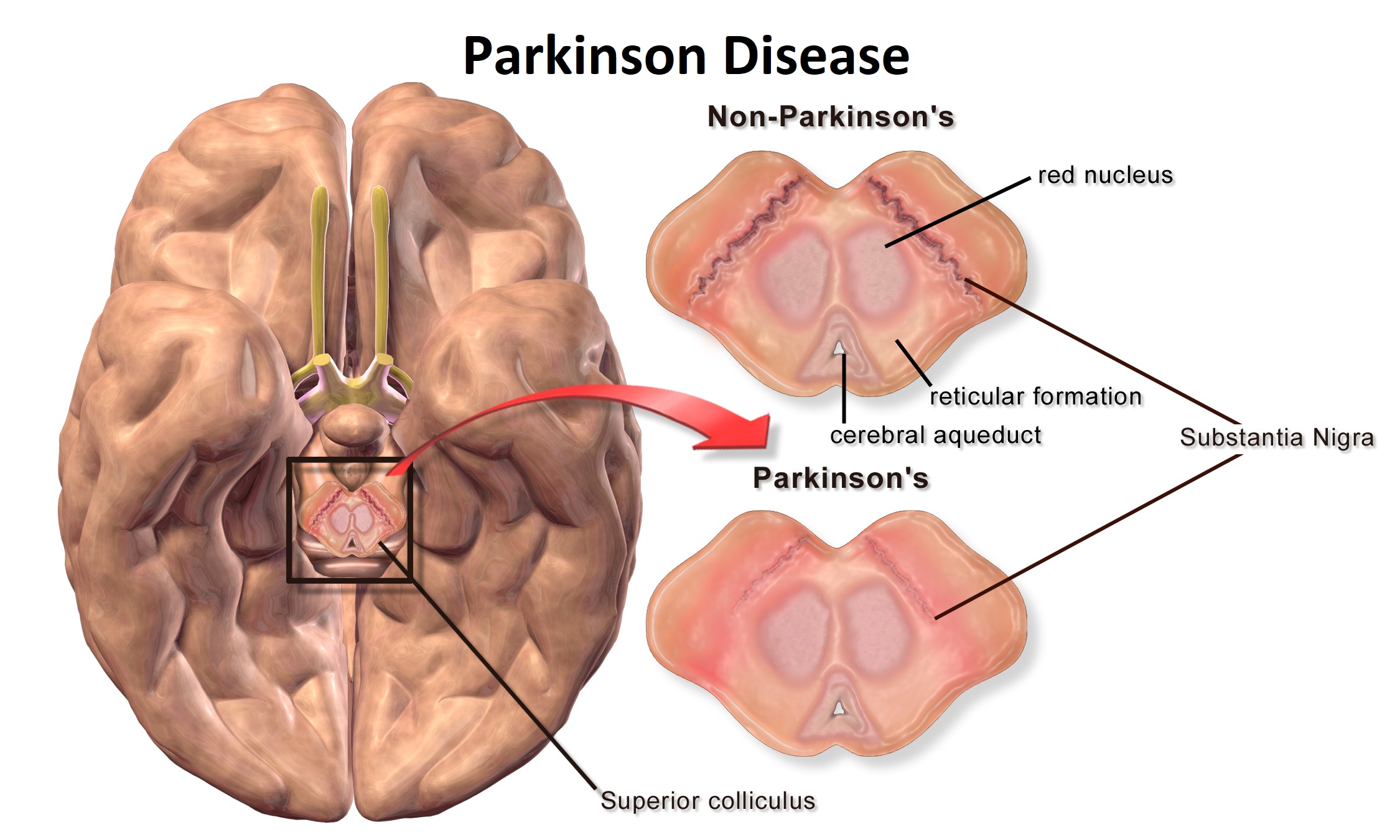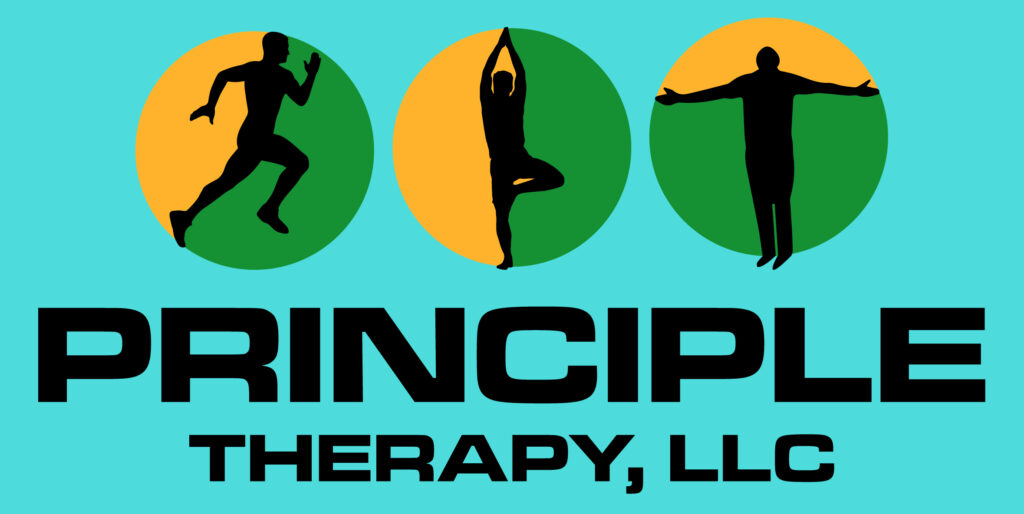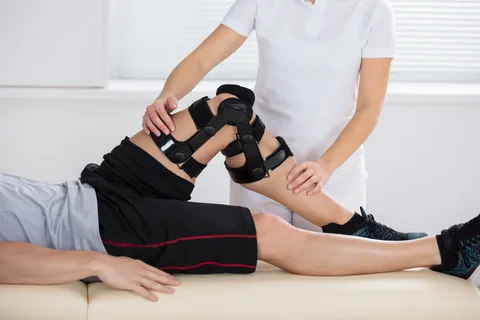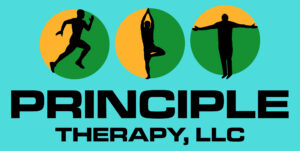Neuromuscular dysfunction
Both our physical and occupational therapists are well versed in the wide range of issues that affect the peripheral nervous system, which usually result in muscle weakness.
For efficient movement, the nerves in the body provide signals between the brain and the body. Your therapist will work with you to help restore and strengthen those signals over time.
Some common types of Neurologic Disorders that we treat include:






